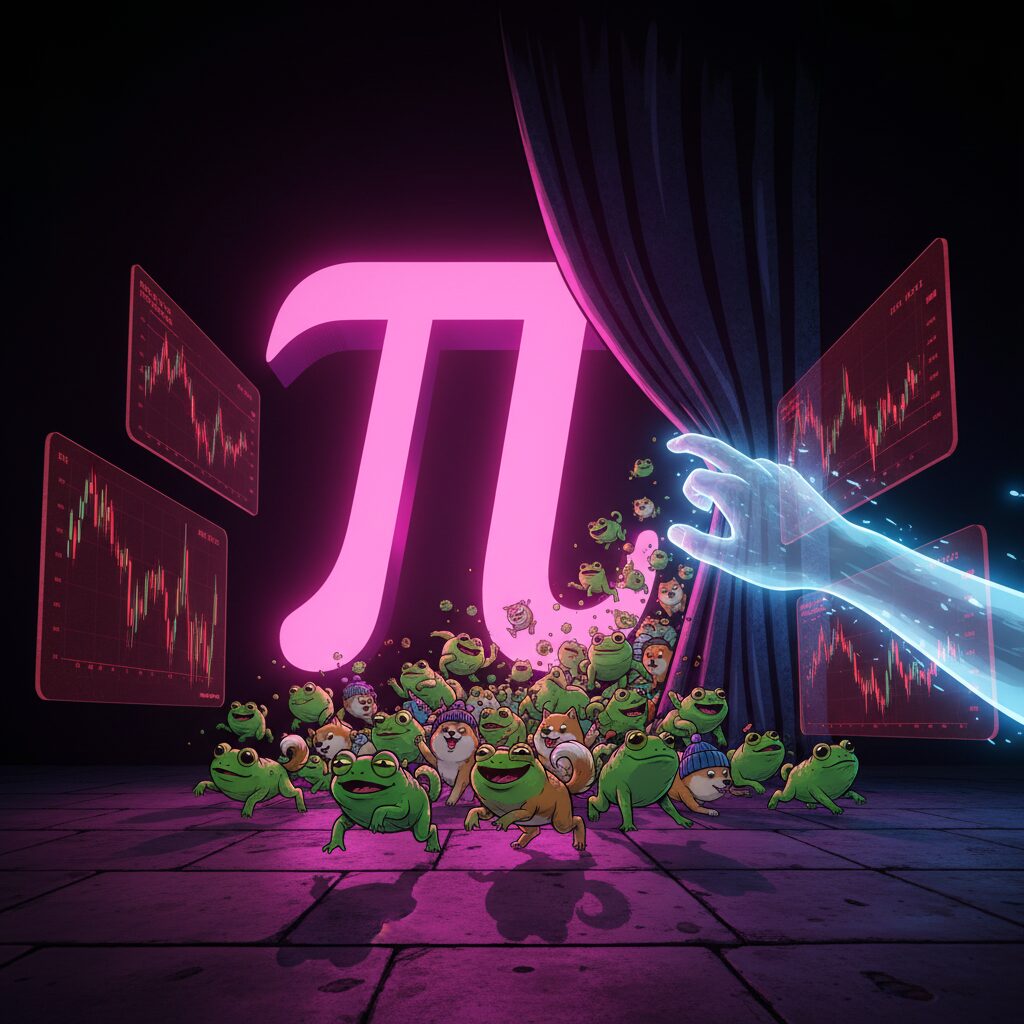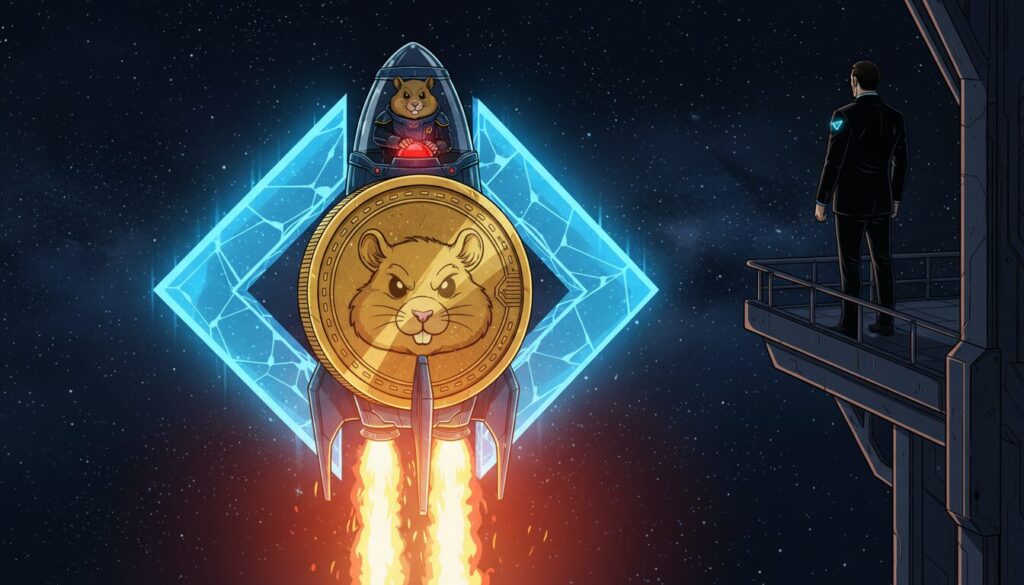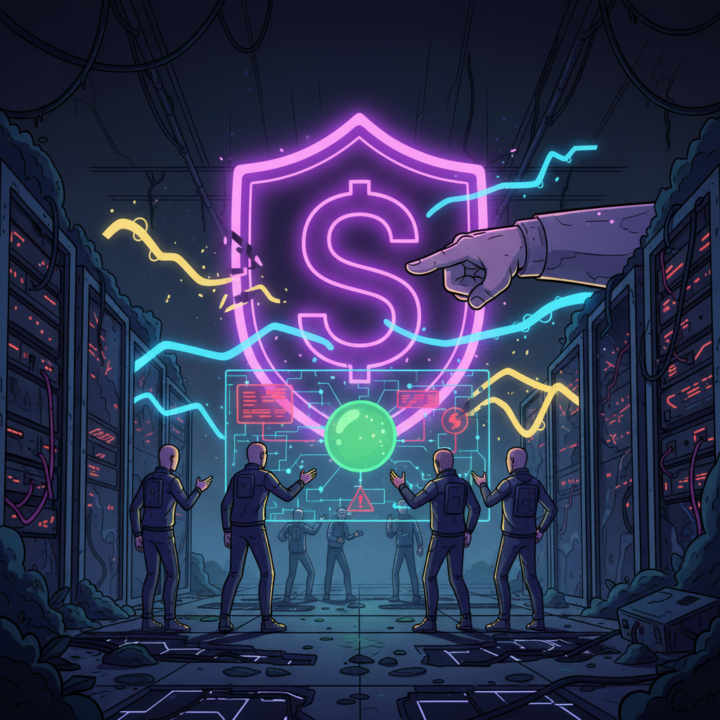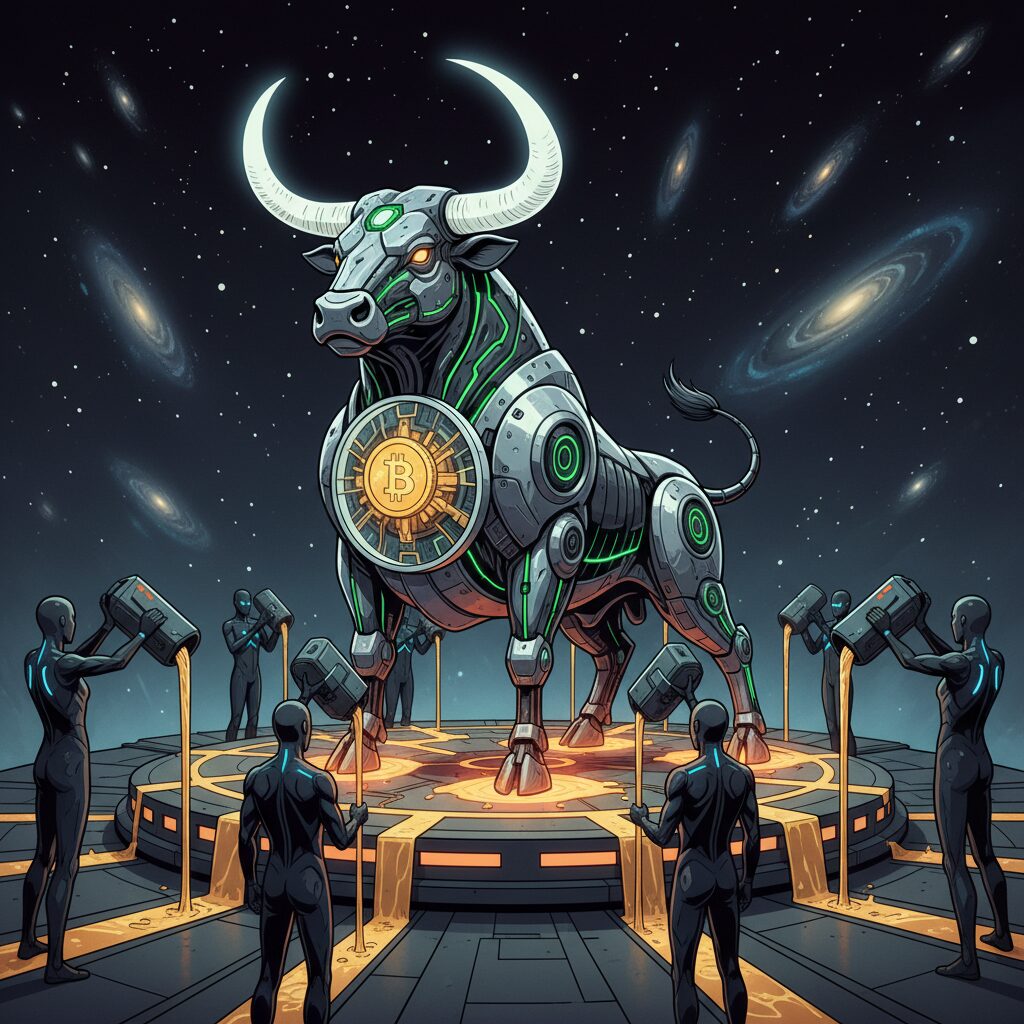Pi Network’s Smart Contract Era Stirs Memecoin Concerns

As the Pi Network prepares to launch its smart contract functionality, its global community is on the cusp of a major evolution. This step will transform the platform from a mobile mining application into a dynamic blockchain ecosystem. However, this anticipated progress is shadowed by concerns that it could also unleash a wave of memecoins launched by opportunistic developers aiming to exploit the network.
The issue gained traction after a social media post from PiNewsGlobal highlighted the risk, drawing a parallel to a satirical South Park episode where children create a memecoin. The warning is clear: once smart contracts are live, some users may try to launch similar tokens designed to drain value from the community.
The Promise and Peril of Smart Contracts
Smart contracts are self-executing pieces of code on a blockchain that power everything from decentralized applications (DApps) to automated financial tools. For Pi Network, this technology unlocks immense potential for building decentralized finance (DeFi) services, governance systems, and countless other utilities without intermediaries.
But this openness is a double-edged sword. In other ecosystems, memecoins—digital assets often created as jokes—have been used to manipulate markets and execute pump-and-dump schemes. Without proper safeguards, Pi Network could face similar challenges if bad actors launch tokens with misleading promises to lure unsuspecting investors.
Community Vigilance as a Line of Defense
Pi Network’s greatest asset in this new phase is its community-driven foundation. The same users who validate identities and secure the network will be crucial in maintaining its integrity. Educating Pioneers on how to assess new tokens, spot red flags, and steer clear of purely speculative assets will be essential.
Promoting transparency can also mitigate these risks. Projects building on Pi should be encouraged to make their code open-source, identify their development teams, and provide clear, practical use cases. Community forums and peer-review processes can act as informal watchdogs, flagging suspicious projects and championing responsible innovation.
Building a Responsible and Innovative Ecosystem
While some memecoins like Dogecoin have evolved into cultural phenomena, the primary concern for Pi Network isn’t humor but intent. Tokens created solely to exploit the ecosystem undermine the platform’s core principles of trust and accessibility. The decentralized nature of the network means anyone can launch a token, which requires a balance between freedom and security.
As Pi Network enters this new chapter, it must foster an environment that encourages responsible development. Providing developer resources, hosting educational workshops, and highlighting ethical projects can help guide innovation in a positive direction. Ultimately, the launch of smart contracts presents both an opportunity and a test. With vigilance and a commitment to education, the Pi Network can navigate the challenges ahead and build a thriving, trustworthy ecosystem.








